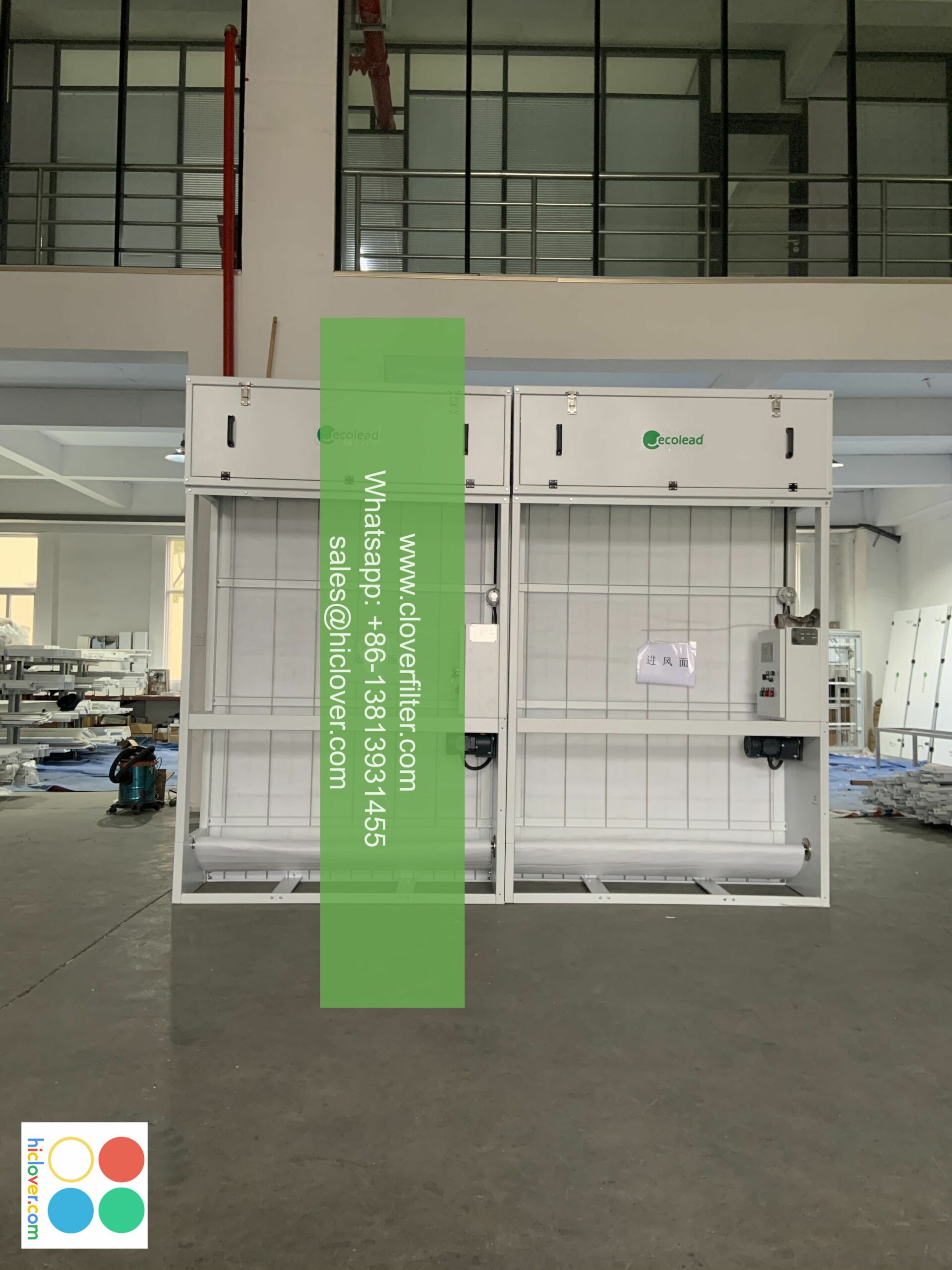The Dangers of Poor Air Quality: How Air Filters Can Help

The Dangers of Poor Air Quality: How Air Filters Can Help
Poor air quality is a growing concern worldwide, with serious implications for our health, environment, and economy. According to the World Health Organization (WHO), air pollution is responsible for an estimated 7 million premature deaths annually. In this article, we’ll explore the dangers of poor air quality and how air filters can help mitigate its effects.
The Dangers of Poor Air Quality
Poor air quality is caused by the presence of pollutants in the air, such as particulate matter (PM), nitrogen dioxide (NO2), ozone (O3), and carbon monoxide (CO). These pollutants can come from various sources, including:
- Industrial activities
- Vehicle emissions
- Construction sites
- Agricultural burning
- Natural sources, such as wildfires and volcanic eruptions
- Respiratory problems, such as asthma and chronic obstructive pulmonary disease (COPD)
- Cardiovascular disease
- Cancer
- Neurological damage
- Reduced cognitive function
- HEPA (High Efficiency Particulate Air) filters: Designed to capture 99.97% of particles as small as 0.3 microns, including PM, dust, and pollen.
- Activated carbon filters: Effective in removing gases, vapors, and odors, including CO, NO2, and volatile organic compounds (VOCs).
- UV (Ultraviolet) filters: Utilize UV light to kill bacteria, viruses, and other microorganisms.
- Residential: Install air filters in homes to remove pollutants and allergens, improving indoor air quality and reducing respiratory problems.
- Commercial: Use air filters in offices, schools, and hospitals to create a healthier environment and reduce absenteeism.
- Industrial: Implement air filters in manufacturing facilities to remove pollutants and contaminants, improving worker health and reducing production downtime.
- Outdoor: Use air filters in outdoor settings, such as parks and public spaces, to remove pollutants and improve air quality.
- Poor air quality is a growing concern worldwide, with serious implications for our health and environment.
- Air filters can remove pollutants and contaminants from the air, improving indoor and outdoor air quality.
- Air filters can be applied in various settings, including residential, commercial, industrial, and outdoor environments.
- By using air filters, we can reduce the risk of respiratory problems, cardiovascular disease, and other health issues.
- Air quality
- Air filters
- HEPA filters
- Activated carbon filters
- UV filters
- Indoor air quality
- Outdoor air quality
- Respiratory problems
- Cardiovascular disease
- Cancer
- Neurological damage
- Cognitive function
The effects of poor air quality can be severe, including:
How Air Filters Can Help
Air filters are designed to remove pollutants and contaminants from the air, improving indoor and outdoor air quality. There are various types of air filters, including:
Air filters can be applied in various settings, including:
Poor air quality is a significant threat to our health and well-being, with far-reaching consequences for our environment and economy. Air filters can play a crucial role in mitigating the effects of poor air quality, improving indoor and outdoor air quality, and reducing the risk of respiratory problems and other health issues. By understanding the dangers of poor air quality and the benefits of air filters, we can take steps to create a healthier, more sustainable future.
Key Takeaways
Keywords
I’m here to help with any prompt or topic you’d like to discuss. What would you like to talk about?
(Note: A prompt is simply a starting point for our conversation. You can share your ideas, ask questions, or engage in a role-playing scenario, and I’ll respond accordingly. Feel free to be as creative as you like!)


